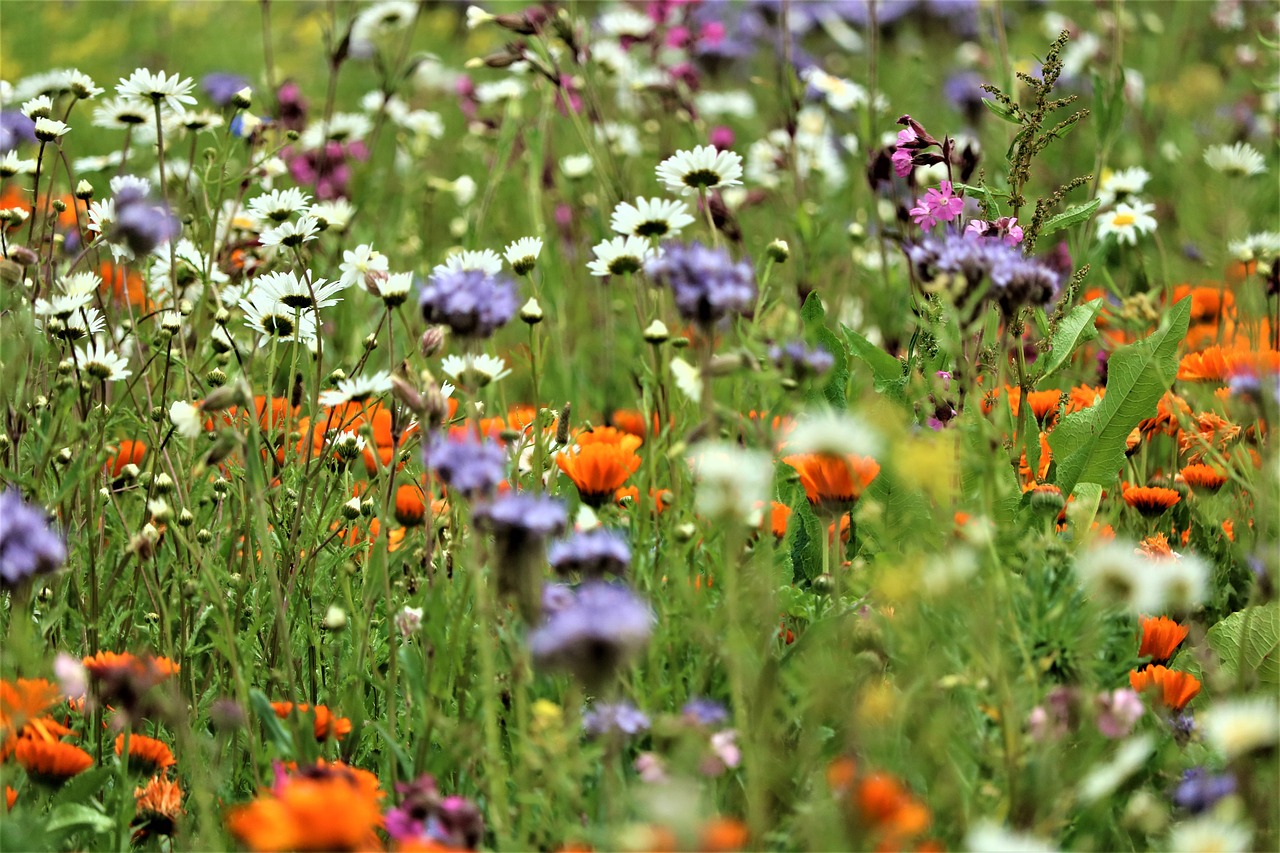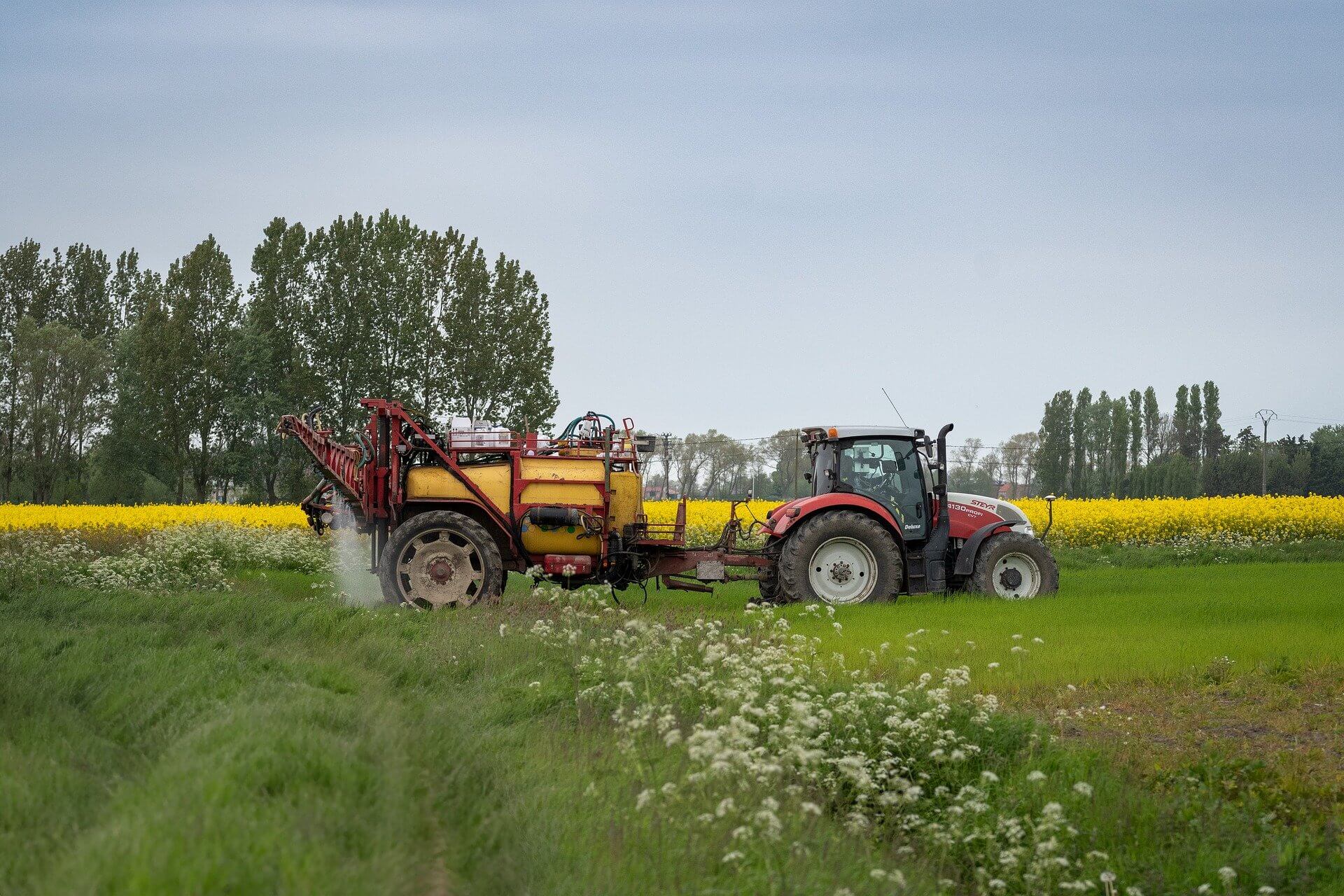Biodiversity
The planet is in the midst of a biodiversity crisis. This also applies to Denmark, where wild nature is under pressure. Our research network "Biodiversity Conservation and Promotion of Ecosystem Services" is working to develop the necessary knowledge to create societal solutions to the biodiversity crisis in Denmark.

All over the world, species are going extinct faster than ever. Scientists estimate that we are currently in the process of extirpating 1 million out of the Earth's 8 million species.
The biodiversity crisis is a result of human overconsumption of the Earth's resources. As the human population size and affluence grows, we convert larger areas of wild nature into agricultural land, plantations and urban areas. This forces the planet's other species into increasingly restricted areas.
Biodiversity conservation through land sparing is key to reversing the extinction crisis. In addition, preserving species in farmland may be a parallel aim, in order to make the countryside more livable for humans and to promote species useful for pollination and pest control.
Biodiversity as a green solution
Sustainability involves coexistence between healthy human societies and thriving populations of the millions of other species we share the planet with. The global loss of biodiversity requires new solutions to the old problem of coexistence between humans and wild nature.

In our research network "Biodiversity Conservation and Promotion of Ecosystem Services," we investigate how biodiversity can be integrated into the intensively cultivated Danish landscape:
How can biodiversity be integrated into the intensively cultivated Danish landscape?
- What trade-offs must be made between biodiversity and other societal benefits to ensure spatial planning and regulation – and where are the synergies between the two?
- How do we create effective nature restoration from the current production areas?
- How can promoting biodiversity help ensure sustainable plant-based food production?
In addition to agriculture, the research network also examines how urban areas and infrastructure can be used to promote biodiversity.
Researchers in the network
| Hans Henrik Bruun | Department of Biology | Faculty of Science |
| Brian Lund Fredensborg | Department of Plant and Environmental Sciences | Faculty of Science |
| Stine Krøijer | Department of Anthropology | Faculty of Social Sciences |
| Lasse Baaner | Department of Food and Resource Economics | Faculty of Science |
| Jacob Heilmann-Clausen | Globe Institute | Faculty of Health |
| Niels Strange | Department of Food and Resource Economics | Faculty of Science |
